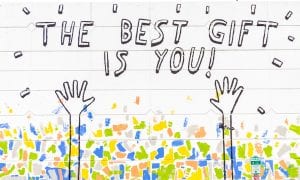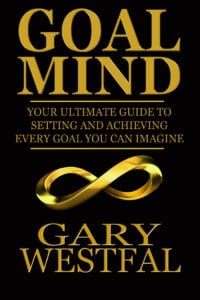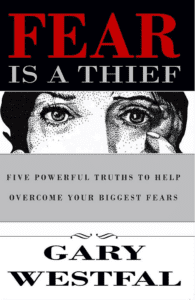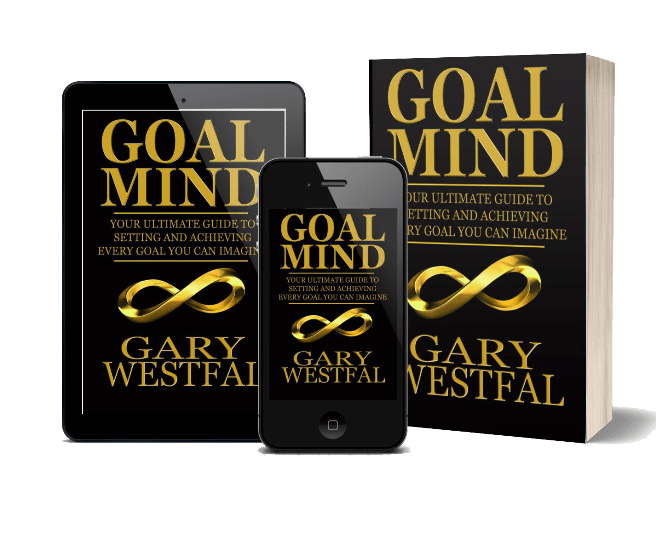Trust is the confident hope we have in something or someone that’s supported by an expectation we have in the outcome of an event or situation. Trust forms the basis of our expectations, which can sometimes set us up for disappointment if the outcome isn’t quite what we anticipate.
We extend trust primarily in two ways: to other people and to ourselves. When we extend trust to others, it helps bring us closer to them. Trusting other people can, and often does, provide a sense of reassurance when they respond favorably and follow through on the basis of their word and our expectation of the outcome. Trust is the foundation of a healthy relationship—most especially the relationship you have with yourself.
Trusting yourself has many benefits, principally among them is an increase in confidence, which helps to ease decision-making while reducing stress levels. The good news is that even if you don’t completely trust yourself now, with some effort you can increase your self-trust over time.
Why You Should Trust Yourself
There’s no one more important to trust than yourself. It all begins with you. I fact, your ability to extend trust to others is intimately connected to your ability to trust yourself. After all, if you can’t trust yourself, trusting others will be equally as difficult.
Sometimes we experience a lack of trust in ourselves after we make a mistake or after someone offers a critique of our decisions. Making those decisions can feel especially difficult when you can’t trust yourself because of a fundamental fear of making the wrong choice. You may even be prone to criticizing your own decisions because of your apprehensions. It can often end up spiraling out of control until or unless you seek outside help in the form of a qualified counselor or well-trained coach.
Building trust in yourself can help boost the confidence you have in your decision-making skills. This can make life feel easier and much more enjoyable. But, if that’s the case, then where and how should you begin?
Here are six tips to help you learn how to better understand the process of regaining and rebuilding trust in yourself:
1. Be Yourself
 If you’re self-conscious of how others see you, you’ll likely find it difficult to be your genuine self around other people. Acting like a different person other than who you really are is a sign that you’re lacking self-confidence and trust in yourself. Other people will be able to sense that.
If you’re self-conscious of how others see you, you’ll likely find it difficult to be your genuine self around other people. Acting like a different person other than who you really are is a sign that you’re lacking self-confidence and trust in yourself. Other people will be able to sense that.
So, when you start to feel insecure around others, remind yourself that it’s OK to be yourself. Start by practicing in an environment you’re familiar with and around the people you feel most comfortable with, like your friends and close family. Take note if you begin to feel vulnerable or uncomfortable. If this happens, simply take a breath and collect yourself. After all, there’s no judgment here.
There’s no need to feel rushed or pressured with this process. So, spend as much time as it takes in the environment and with the people you’re comfortable with until you feel you’re ready to expand your circle. Follow this process and your insecurities will gradually begin to disappear.
Once you learn that you can be yourself around other people, they’ll automatically begin treating you with more trust.
2. Set Reasonable Goals
Reassess your goals to ensure there are some that are reasonably set. Reasonable goals are achievable goals that can be realized within a time span that empowers you and builds self-confidence. When self-confidence and personal empowerment are present, self-trust is allowed to flourish.
Setting high goals is all good…until it’s not. If unrealistic goals are part of the problem, then setting realistic goals may be part of the solution. Instead of setting a goal to complete a project in a week, for example, try setting the timeline to a month instead. The immediate win is less stress. The ultimate win is achieving the results you seek. When you achieve the results you seek, you increase the level of trust you have in yourself to achieve the goals and objectives you set.
In the process of goal-setting, one of the best methods to foster an increase in trust is to set smaller, more achievable goals that put you directly in the path of achievement. You’ll undoubtedly gain confidence and trust in yourself in the process of accomplishing your smaller goals along the way. Now, that’s a win!
3. Be Kind to Yourself
 When it comes to the internal dialogue we have with ourselves, we rarely think about filtering the tone we use to deliver the messages. We’re our own worst critics. And that’s ok as long as we’re delivering criticism in a constructive manner. But who takes the time to do that? Well, you should.
When it comes to the internal dialogue we have with ourselves, we rarely think about filtering the tone we use to deliver the messages. We’re our own worst critics. And that’s ok as long as we’re delivering criticism in a constructive manner. But who takes the time to do that? Well, you should.
Your self-dialogue should always be delivered through the filters of love and compassion. Yes, love and compassion. Loving yourself unconditionally helps to rid negative thoughts and the negative self-dialogue you have with yourself. Love and compassion also help reduce disparaging self-criticism that appears after you make a mistake.
Start by paying close attention to your inner dialogue. Be sensitive to the emotions that surface in relation to your actions. Is that dialogue empowering, compassionate, and patient, or is it self-destructive and critical? When you can communicate with yourself through the filters of love and compassion, you can trust begin to trust yourself with increasing confidence.
4. Build on Your Strengths
Everyone has a gift or an area of expertise that sets them apart from everyone else. Think about the things you excel at and contrast those talents and strengths against the things you don’t do quite as well as others. By leveraging your natural gifts and talents, you build the confidence in yourself it takes to also build the self-trust you desire.
Trusting yourself allows you to learn and accomplish all kinds of things without judging yourself too harshly. However, to build trust in yourself, it can be helpful to do more of the things that you’re good at and less of the things that you aren’t.
5. Spend Time with Yourself
 When you don’t trust yourself, you have a tendency to feel uncomfortable spending time looking inward. After all, the voices you hear when spending time alone are typically ready to levy the critical messages you’re trying to avoid. Instead, you may find yourself seeking ways to escape those voices throughout the day by constantly looking for opportunities to get involved in tedious activities or by thinking about the insurmountable details of life. Break the habit of looking outside of yourself by patiently looking inward.
When you don’t trust yourself, you have a tendency to feel uncomfortable spending time looking inward. After all, the voices you hear when spending time alone are typically ready to levy the critical messages you’re trying to avoid. Instead, you may find yourself seeking ways to escape those voices throughout the day by constantly looking for opportunities to get involved in tedious activities or by thinking about the insurmountable details of life. Break the habit of looking outside of yourself by patiently looking inward.
There are a number of ways you can look within, not the least of which is through meditation. Try sitting with yourself in a quiet place for 5 to 15 minutes each day. Paying close attention to your breath and body during this time helps to provide a central focus. As any thoughts or self-criticisms arise, acknowledge them and then let them go. Allowing those thoughts to “pass through” without judgment or self-criticism can do wonders for building your self-trust.
6. Be Decisive
We lack trust in ourselves when we question our own actions or decisions. Sometimes we may even question our own identity. Questioning our self-identity can do more harm to our self-trust than almost anything else.
Build trust in yourself by breaking the habit of questioning your decisions. The next time you’re faced with making a decision, evaluate the situation as best you can and then make a decision. Then, be patient with how the situation evolves. If your decision was wrong, make adjustments without criticizing yourself. After all, you made the initial decision based on the best evidence you had at the time. If new evidence and circumstances provide better insight, make an adjustment.
Every situation offers an opportunity to learn something new. Sometimes, the learning comes by way of confirming our decisions. Some don’t. Even if it turns out your initial decision was incorrect, there’s no use beating yourself up over the choices you made. Consider each setback or obstacle as a learning moment and trust yourself to learn from it.
The best you can do is to learn from your mistakes. We all make them. Your responsibility is to believe that you’ll make a better choice next time, and then move on. Doing so will help you learn to be more trusting of yourself and your decision-making skills.
7. You Know Best
 Of all the authorities in the world who try to provide guidance, rules, and laws, well-intentioned or otherwise, only you know what’s best for you. Therefore, you don’t need or require validation from anyone else on the value you have in life. Everything you need to know about your life and why you’re here on this planet is already within you. Trust in that truth and your own self-trust will become increasingly evident!
Of all the authorities in the world who try to provide guidance, rules, and laws, well-intentioned or otherwise, only you know what’s best for you. Therefore, you don’t need or require validation from anyone else on the value you have in life. Everything you need to know about your life and why you’re here on this planet is already within you. Trust in that truth and your own self-trust will become increasingly evident!
The Bottom Line
Trusting yourself is one of the most helpful things you can do to improve your life. The results can be life-changing. In addition to building your confidence, a higher self-trust paves the way for others to trust you more and helps to make the process of decision-making much easier.
Trusting yourself takes conscious effort, a kind and compassionate inner dialogue, and some time to look inward. Taking the time to “get there” however, absolutely pays dividends in terms of the quality, course, and content of your life.
Until Next time…
~G~









